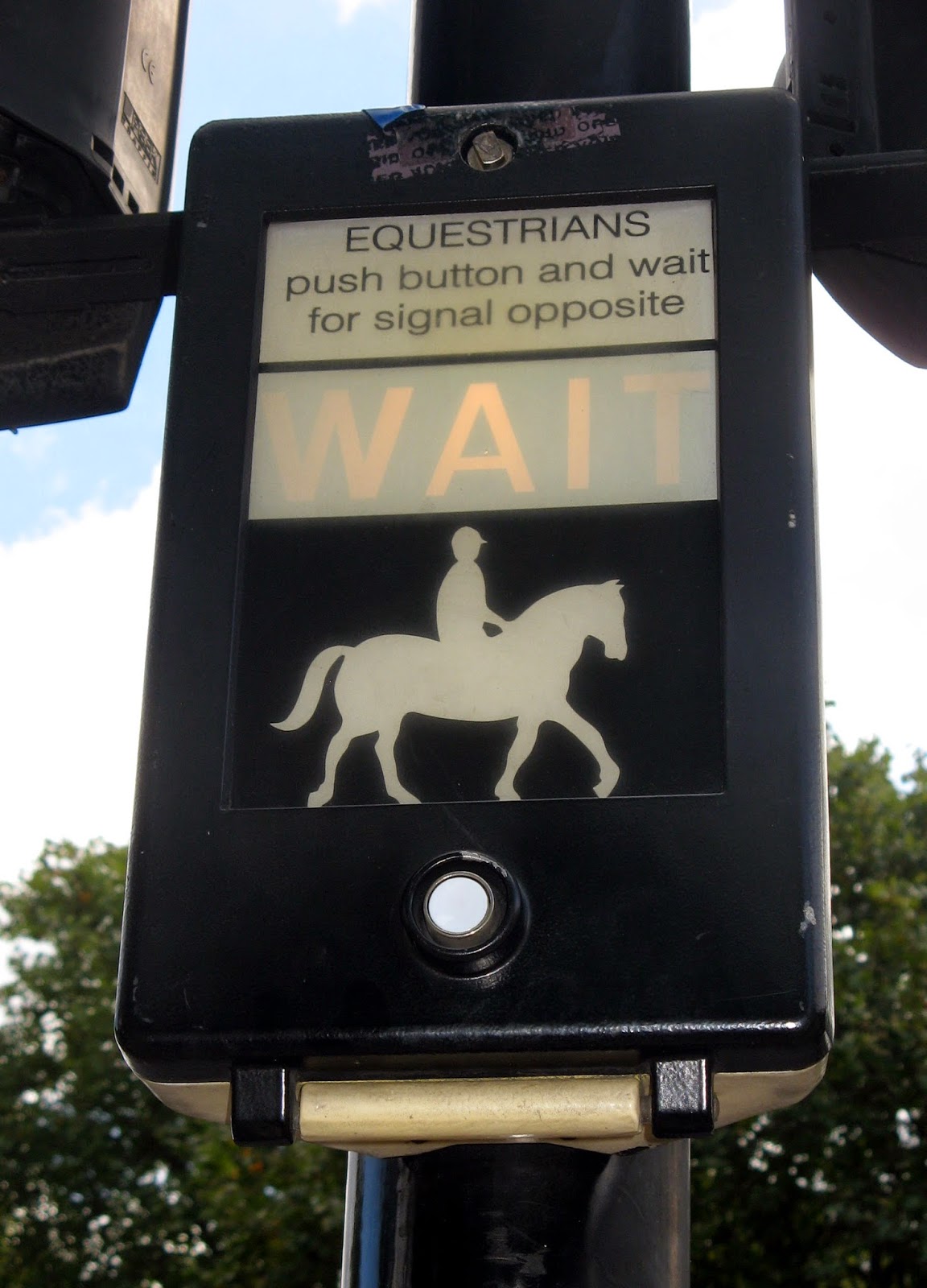Is Holden Caulfield just a Dumb, Vulgar Teenager?
 For Holden Caulfield, the protagonist of Salinger's The Catcher in the Rye, the written word, especially word choice and tone, enables him to distance himself from, and express his dissatisfaction with society. In addition, writing provides him with a vehicle that brings the reader closer to the true essence of his character and background. If the reader pays attention, through this medium, Holden reveals his intelligence and deep sympathetic side, not just the superficial, dumb, vulgar and anti-social character he is playing.
For Holden Caulfield, the protagonist of Salinger's The Catcher in the Rye, the written word, especially word choice and tone, enables him to distance himself from, and express his dissatisfaction with society. In addition, writing provides him with a vehicle that brings the reader closer to the true essence of his character and background. If the reader pays attention, through this medium, Holden reveals his intelligence and deep sympathetic side, not just the superficial, dumb, vulgar and anti-social character he is playing.Holden’s transparent word choice
A writer’s word-choice offers information in relation to social background and context. In each case, the distinctive features of a person’s language and idiolect mark them as belonging to a specific group. For instance, Holden Caulfield claims that “[his brother] was about fifty times as intelligent” (33) as himself and “[he’s] the only dumb one in the family” (60). Holden thus supports his disparaging feelings towards himself by using the colloquial language associated with a stereotypical, lower-class, uneducated teenager. Hence, the reader correspondingly attributes prior knowledge analogous to such a character and pigeon holes Holden into a familiar stereotype.
Holden shows he is an intellectual
As Western culture tends to emphasise the relationship between language and intelligence, the incongruence within Holden’s narration undoubtedly alerts the attentive reader to his true mental aptitude.
Paradoxically, he states that “[he is] quite illiterate but [he] read[s] a lot” (15); a declaration further contradicted by the various literary references he alludes to, including Return of the Native (16), A Farewell to Arms (127), and The Great Gatsby (127). Furthermore, he provides an unsophisticated, yet, pertinent critique of Shakespeare’s Romeo and Juliet (100) and expresses his interest in Hamlet (106). Such knowledge of literature and ability to discern between "pulp fiction" (47) and classic readings place Holden in the social context of an intellectual – not an ignorant teenager.
Paradoxically, he states that “[he is] quite illiterate but [he] read[s] a lot” (15); a declaration further contradicted by the various literary references he alludes to, including Return of the Native (16), A Farewell to Arms (127), and The Great Gatsby (127). Furthermore, he provides an unsophisticated, yet, pertinent critique of Shakespeare’s Romeo and Juliet (100) and expresses his interest in Hamlet (106). Such knowledge of literature and ability to discern between "pulp fiction" (47) and classic readings place Holden in the social context of an intellectual – not an ignorant teenager.
Moreover, although, Holden prosaically concludes, “[Out of Africa] was a very good book” (15) and “[Of Human Bondage] was a pretty good book an all” (16), the well-informed reader understands that such writings require a propensity for conceptualisation and abstract thinking. Therefore, Holden chooses to adopt a lingual style suggesting ignorance, yet the content of his narration represents refined thinking skills and well-developed intellectual ability.
Not only does Holden’s familiarity with classic literature indicate his intelligence, but also his deep understanding and awareness, since these books tend to embrace tragic human conditions in connection with self and society. His terseness and flippancy, however, mask this consciousness and suggest traits of apathy and indifference.
Holden - a deeply sensitive teenager
Nevertheless, in contrast to Holden’s apparent lack of concern, streams of occurrences pervade the text that expose Holden’s deep sensitivity. For example, he not only empathises with isolated classical characters such as Eustacia Vye (44) and Hamlet, and the lunatic in the bible (89), his candid language also reveals a deep sensitivity for his fellow man.For example, “[He doesn’t[ want to hurt [Mr Spencer’s] feelings” (9); He “feels sorry” for Ackley (34) and “it [is] sort of embarrassing in a way” for him to discuss “Romeo and Juliet” with the Nun because “that play gets pretty sexy in some parts” (100).
Furthermore, Holden repeatedly “worrie[s]” about Jane’s “lousy childhood” (28) and her date with Stradlater (35), and he even displays sympathy for the armchair moulded into “sad shape” (15).
Holden’s reminiscences concerning his dead brother Allie also reveal his deepest emotions, particularly his distressing visit to the cemetery when “it rain[s] on [Allies] tombstone, and . . . the grass on his stomach” (140). In addition, he exhibits intense compassion for purity of heart in association with his sister Phoebe, reiterated in his desire to become “a catcher in the rye” to save all the young children (156). Such inclinations show the deepness and complexity of his sentiments.
Holden reveals his sensibilities
On the one hand, Holden’s idiosyncratic style and choice of genre distinctly convey his disillusionment and desire to withdraw from society. While on the other, the very same devices leave a written record and serve as instruments that offer the reader an opportunity to reach deep into his psyche and explore the relationship between his distinctive vernacular and its multifaceted content. Thus, although, Holden uses explicit linguistic features to distance himself from his social class, deeper aspects of his idiolect unveil the hidden qualities of his personality.
Read more about Holden here
Read more about Holden here
Sources:
Salinger, J.D. The Catcher in the Rye. London, England: Penguin Books, 1994.
First published, Feb 22, 2011, by Lesley Lanir on Suite101
Copyright Lesley Lanir. Contact the author to obtain permission for republication.




Comments
Post a Comment